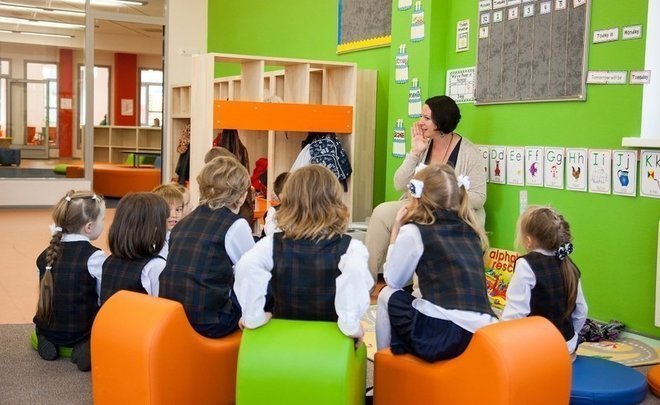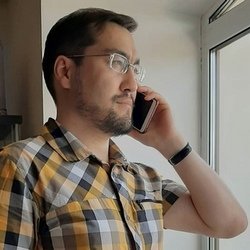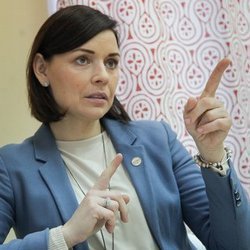Private school market: ‘We have to raise tuition fees to survive’
Services of Kazan private schools go 20% up in price

Education in private schools of Kazan has become 7% more expensive on average over the year, but the more perceptible rise has been in primary school –21%. In some cases, monthly costs exceed 70,000 rubles, while the admission fee reaches 200,000. Read in Realnoe Vremya’s review about the reason for the higher prices, what establishments didn’t survive the crisis and what organisations started to grow.
“All services and commodities have seriously become more expensive over the year”
On average, school fees in Kazan private schools have increased by 6,8% a year, the growth in primary school is much bigger, in some cases, the rise reaches 21%. As Director of Progress Strategic Development School Chingis Yakupov told Realnoe Vremya, school fees had become more expensive because of general economic reasons:

Founder and Director of Aurora Gymnasium private school Dilyara Zalyaliyeva also confirmed that, indeed, fees in some private schools have risen a bit, but not in all of them:
“This has happened because rents have increased, teachers’ salaries have been indexed, textbooks, stationery have also gone up in price, and services and goods in general have seriously become more expensive over the year.”
Prices in private schools rise by more than 20%
The average price of monthly payments fluctuates from 20,000 to 45,000 rubles a month. But monthly costs almost in all educational establishments start with the admission fee, which is from 10,000 to 200,000 rubles. Though some schools don’t have an admission fee.
Traditionally, International School of Kazan has the biggest price tag for education, 74,000-77,500 rubles a month. Besides monthly payments, there is also an admission fee of 200,000 rubles and registration fee of 10,000 rubles. Moreover, here children study for 12 years, and the academic year lasts for 10 months.
Most of them are full-day schools, which is in general convenient, busy parents note. Children are always supervised, have things to do in clubs and involved in personal (or close to it) educational process. Private schools have 3-5 meals a day.
The biggest growth of prices has been seen in Usmania school (+21,4%), Christian School (+20%). But the fees in these schools were the lowest from the beginning, 7,000 and 7,500 rubles a month earlier, now 8,500 and 9,000 rubles respectively.
“Full schools are a problem of many establishments”
The popularity of private education is conditioned by a number of factors.
Parents often have pay for their children’s education in a commercial establishment because it is simply impossible to enter usual schools at their place of residence or they are full so students have to study in two shifts.
“I can judge by primary school that this problem is widespread and serious enough,” Chingis Yakupov confirmed.

According to her, the lockdown when many could evaluate the quality of education also played a role: “Parents saw their children’s educational process, how lessons in school take place and that not all teachers present information interestingly and clearly. They don’t treat every child individually, they really give them formal lessons.”
“As soon as we received information about the lockdown, the impossibility of teaching online, we created an online learning system via Zoom, Skype and gave them classes offline. There wasn’t just distribution of homework, there were created videoconferences with children in every class, according to the timetable,” Yakupov said.
But not all commercial educational establishments managed to overcome the hardships of the coronacrisis. White Crow Kazan school left the market, while the project Mosaic — Montessori Family School transformed into Aurora Gymnasium. Also, not all private establishments have secondary school. So a lot of their students finish their studies in public schools, which have a lot of advanced schools too that are not easy to enter.